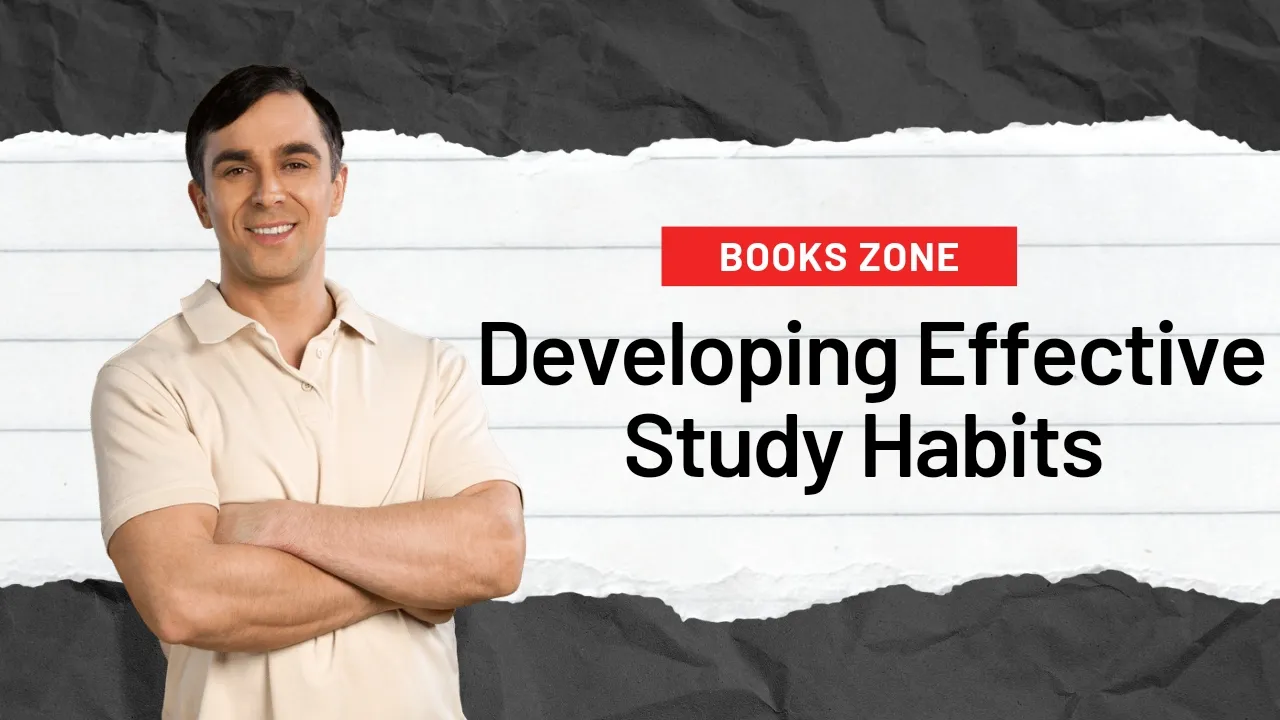An MBA can be a golden ticket to the C-suite or a startup’s corner office. But not all business schools are created equal. Where you earn that master’s degree really matters if you want it to pay career dividends for a lifetime.
Let’s cut through the noise and see the 10 programs proven to give grads an unfair advantage. But first, chew on these reasons why an elite MBA is a solid investment.
Why Pursue an MBA?
You want the fast track to management or you’re looking to pivot careers. An advanced business degree beefs up your resume and opens key opportunities, like
- Jumping up the corporate ladder – Companies love hiring MBAs for leadership roles. Chaching for fatter paychecks.
- Becoming the boss – Learn how to launch and steer your own business.
- Widening your network – Your classmates could become valuable professional contacts.
- Changing lanes – An MBA smoothes transitions into new industries.
- Speaking biz fluently – Master the linguo from marketing to finance.
- Raising your revenue ceiling – Lucrative managerial jobs want MBAs. Show them the degree and win the higher salary.
If you can swing it, an elite MBA gives your career a first-class upgrade. Now let’s peek inside the top programs.
Harvard Business School
As the OG biz school formed in 1908, Harvard Business School simply oozes prestige.
The Stats:
Median Base Salary: $155,000
Acceptance Rate: 11%
The Skinny: Good luck getting in – HBS admits less than 12% of applicants. The case study method here isn’t just reading about businesses like a snoozefest textbook. You’ll scrutinize 500+ real-world scenarios to learn how the best leaders handle adversity and tough calls. Prominent alumni like Michael Bloomberg and Sheryl Sandberg give you an idea of the big leagues HBS graduates step up to.
Stanford Graduate School of Business
Stanford churns out startup superstars in the heart of Silicon Valley.
The Stats:
Median Salary: $185,000+
Acceptance Rate: 6%
The Skinny: Stanford’s super flexible curriculum lets students shape their own concentrations and snag dual degrees. Innovation and leadership development are the hot topics here. Stanford’s elite network births companies like Nike and Instagram. The school boasts alumni like Phil Knight, Peter Thiel, and Marissa Mayer. This MBA program practically prints future tech billionaires.
Wharton School, University of Pennsylvania
Want Wall Street bragging rights? Wharton spits out financial masters.
The Stats:
Median Salary: $175,000
Acceptance Rate: 19%
The Skinny: Wharton flaunts 10 specialized departments teaching analytical wizardry and leadership skills. This school feeds the finance beast with alums like Elon Musk and Sundar Pichai. You leave Wharton prepped to dominate at investment banking, management consultancy, private equity, or angel investing. Buckle up for a first-class education in stocks, ROI, and profits.
Columbia Business School
If you dream of Manhattan swagger with a side of finance, Columbia is a top choice.
The Stats:
Median Salary: $155,000
Acceptance Rate: 15%
The Skinny: Columbia means business when it comes to teaching finance and economics. The location gives graduates a leg up for snagging elite Wall Street gigs. Students also benefit from partnerships with other Ivy League Columbia graduate schools. Iconic alumni include Warren Buffet and Jack Dorsey. Columbia MBAs exit prepared to rule the lucrative fields of investment banking, management consultancy, private equity, and venture capital.
MIT Sloan School of Management
Obsessed with analytics? MIT steeps students in the science of business data.
The Stats:
Median Salary: $155,000
Acceptance Rate: 25%
The Skinny: At MIT Sloan, you don’t just study business – you experience it through immersive courses. Their hands-on curriculum focused on innovation, entrepreneurship, and analytics produces grads sought after by top technology and consultancy employers. Prominent alumni like Indra Nooyi and Donald Sull give you a glimpse of the MIT network’s brainpower. Data decoder roles at companies like McKinsey, Deloitte, and Accenture all want this analytical degree on your resume.
Chicago Booth School of Business
Booth’s intense academics forge elite financiers and consultants.
The Stats:
Median Salary: $150,000
Acceptance Rate: 24%
The Skinny: Chicago Booth preaches “physics-like” analytical rigor applied to business. Graduates leave steeped in economic theory, finance modeling, and big data. The program excels in minting consultants, investment bankers, C-suite executives, and even tech moguls like David Sacks. Notable alumni include Mark Zuckerberg and Larry Page. Booth group projects also build team leadership skills that pay off in the workplace.
Kellogg School of Management, Northwestern University
Kellogg breeds marketing trailblazers and management talent.
The Stats:
Median Salary: $155,000
Acceptance Rate: 24%
The Skinny: Kellogg doubles down on marketing, consumer psychology, and management know-how. By focusing its curriculum, Kellogg churns out grads tailor-made for marketing leadership roles. Their experiential learning options like internships, simulations, and global experiences take education beyond textbooks. Prominent Kellogg alumni include the CEOs of Netflix, LinkedIn, Morningstar, and Slalom Consulting.
Tuck School of Business, Dartmouth College
Tuck’s tiny classes and group bonding provide an intimate crash course in business management.
The Stats:
Median Salary: $155,000
Acceptance Rate: 21%
The Skinny: Tuck offers a personalized experience thanks to cohort bonding and classes under 90 students. Tuck MBAs focus on general management strategy primed for executive leadership in any industry. When not hitting the books, students can be found skiing or hiking together in New Hampshire. Tuck turns out wickedly sharp grads targeted by elite management consultancies and investment banks.
Yale School of Management
Yale SOM prioritizes ethics, sustainability, and nonprofit leadership.
The Stats:
Median Salary: $150,000
Acceptance Rate: 25%
The Skinny: At Yale SOM, social impact and ethics take center stage alongside business education. Yale SOM feeds graduates to mission-driven roles in fields like healthcare, green tech, and philanthropy. The program also builds powerhouse nonprofit managers, sustainable venture founders, and consultants. Distinguished alumni like Indra Nooyi and David Swensen cement Yale SOM’s reputation.
Haas School of Business, UC Berkeley
At this public Ivy, Haas students tap into Berkeley’s extensive STEM network.
The Stats:
Median Salary: $155,000
Acceptance Rate: 11%
The Skinny: Haas directs its focus toward entrepreneurship and technology leadership. As part of UC Berkeley, Haas MBAs can access the university’s world-class engineering, computer science, and hard science academics. Haas launches startup founders, biotech managers, investment bankers, and other elites out into the California tech ecosystem and beyond. Notable alumni include the CEO of Under Armour, Kevin Plank.
This taste of America’s elite B-school programs shows where future rainmakers sharpen their business swords. When being the best means upping your salary potential, networks and credentials matter. Now go forth and apply some MBA magic to your career aspirations.
FAQs About America’s Top MBA Programs
What GMAT score do I need to get into a top 10 MBA program?
Aim for a GMAT score of 720 or higher to be competitive for a top 10 business school. Schools like Harvard and Stanford expect scores approaching 760.
How much work experience do top MBA programs want?
At least 2-5 years of professional work experience is expected. More experience strengthens your candidacy.
Which undergraduate majors do top business schools prefer?
Any major can work, though quantitative fields may have an edge. Force professional achievements, leadership skills and other factors over your college major.
What kinds of students get into elite MBA programs?
Top programs seek out students with outstanding academic credentials, work achievements, leadership potential, community effect and clear goals.
Are the high salaries from top MBA programs really worth it?
The salary bumps, networks and opportunities from elite MBAs can more than justify the investment long-term in many careers.














Leave a Comment